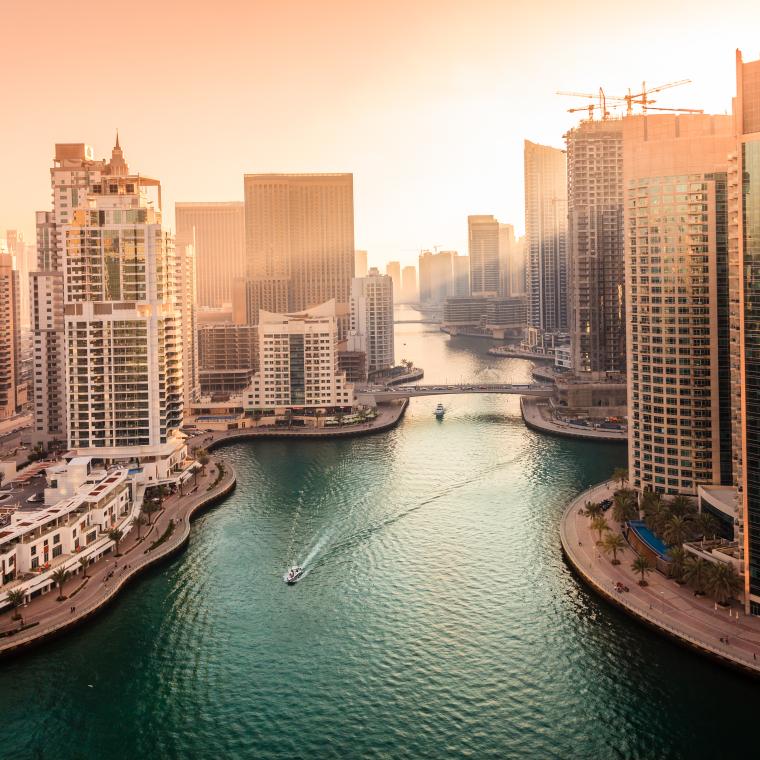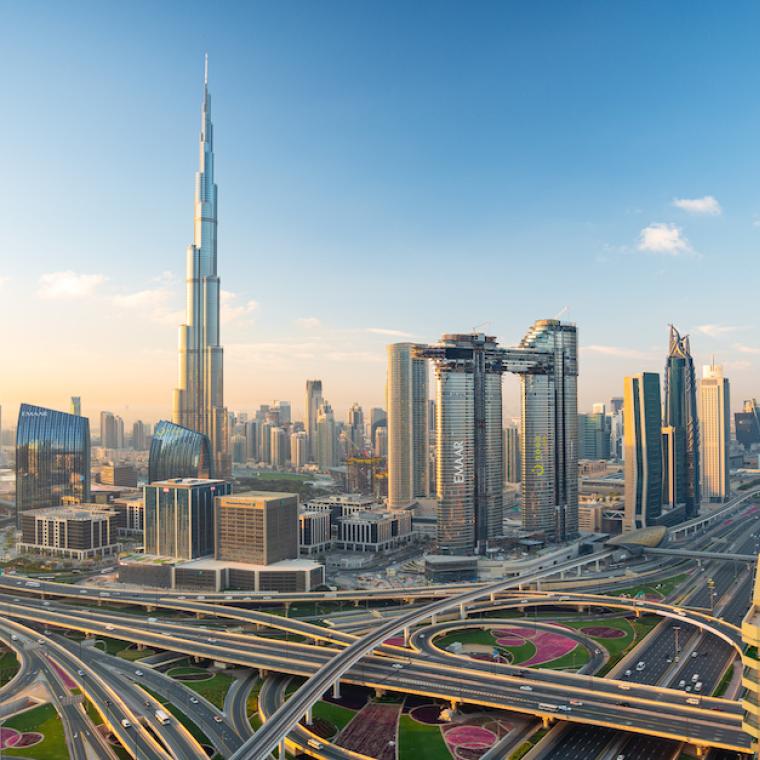
In today's globalised world, it's important to have cultural awareness when conducting business outside of your home country or with people from diverse backgrounds. During the Islamic holy month of Ramadan, understanding cultural considerations becomes essential for sustained success and fostering positive relationships says Managing Director Nina Auchoybur.
What is Ramadan?
Ramadan is the holiest month for Muslims and the ninth month of the Islamic lunar calendar. The exact timing of Ramadan shifts each year as it is based on the sighting of the new moon, which marks the beginning of the month.
It is a month of reflection and fasting during daylight hours, when Muslims cannot eat, drink, or smoke until after sunset, as a symbol of faith. As a result, this observance has profound impact on both personal and professional lives. Workers often stay up late to break their fast and wake up early to eat before daybreak. Typically, businesses in the Middle East close around 2pm to accommodate the changes in behaviour. It's important to be cognisant of these practises to avoid any disruptions to work during this significant time.
Does Ramadan affect productivity?
Economist Samer Sunnuqrot has estimated that during the holy month, worker productivity can decline by a significant 35-50%. This decrease is due to the shorter working hours and changes in behaviour that occur during Ramadan. As a result, government institutions and public sector organisations may effectively shut down for the month, while private sector bodies may delay important decisions until normal operating hours resume. It's advisable to check expected hours of operation of any organisation you regularly communicate with and it’s also worth noting that Ramadan can also have an impact on regional markets, with daily trading volumes tending to fall below average during this period in pervious years.
Cultural considerations when conducting business in the Middle East during Ramadan
If you are not observing Ramadan but are conducting business in the Middle East, it’s important to be mindful of your Muslim colleagues and clients. Here are some key considerations to keep in mind:
1. Schedule meetings in the morning
Try to conduct meetings or calls earlier in the day to maximise productivity whilst being considerate to your client or colleagues daily routines whilst observing Ramadan.
2. Avoid lunch and coffee meetings
While non-Muslims are not required to fast during Ramadan, it’s culturally sensitive to refrain from eating or drinking in front of someone who is fasting. This includes turning down a drink if offered a Muslim colleague or client. Whilst in public, no food or drink should be consumed.
3. Provide a separate space for non-fasting colleagues to eat
Just as many restaurants and cafes have a separate area for those who are not fasting, you should provide a separate space in your office for non-fasting colleagues to eat. This way, you can enjoy your meal without tempting those who are observing Ramadan.
4. Dress and behave modestly
During Ramadan, it’s important to dress and behave modestly as a sign of respect for the holy month. Women should wear high necklines and avoid short skirts and shorts, and sleeveless attire. Playing loud music in public spaces should be avoided and it’s also considerate to wait for a Muslim colleague or client to initiate a handshake.
5. Extend greetings of the season
Take the opportunity to extend greetings of the season to your Muslim colleagues and clients during Ramadan. Remember to wish ‘Ramdan mubarak’ to your network.
6. Join Iftars and Suhoors if asked
Being invited to attend an Ifar or Suhoor is an honour and a sign of trust and respect. Iftar is the meal eaten by Muslims to break their fast at the end of the day, while Suhoor is a pre-dawn meal consumed before starting the day's fast. These meals are often used by corporate professionals as an opportunity to build relationships and increase awareness. If invited, be sure to accept and enjoy the experience.
What is Eid al-Fitr?
Eid al-Fitr is a highly anticipated festive holiday that marks the end of Ramadan, with celebrations lasting for several days. Muslims gather with family and friends to exchange gifts and greetings and enjoy traditional foods. It is a time to give thanks to Allah and to reflect on the spiritual growth achieved through fasting and prayer.
How to prepare for Eid al-Fitr as a business
It is important to keep in mind that businesses and official activities may be on hold during Eid al-Fitr and major decisions may not be made. To make the most of this downtime, businesses should focus on research and development, strategic planning, and employee growth. With careful planning and preparation, businesses can resume normal operations after the holiday and be ready for the challenges that lie ahead in the summer months.
Ocorian's UAE services
Combining local experience with professional expertise, we can help you navigate the regulatory environment so you can deliver on your goals.
From private client services, including succession planning and asset management structures like foundations, to corporate services that include the establishment and administration of companies and special purpose vehicles. Ocorian’s client team provide full-fledged and tailored services so you can benefit from the opportunities in the Middle East.


